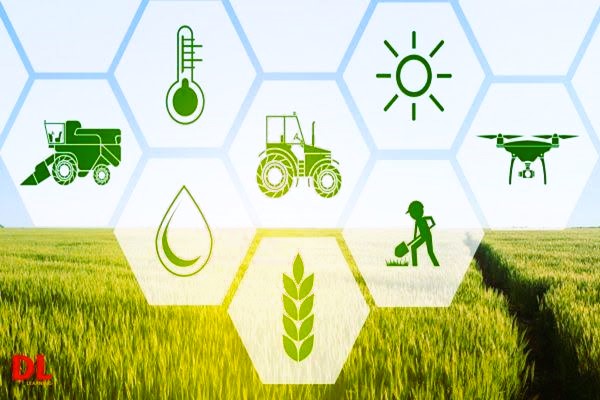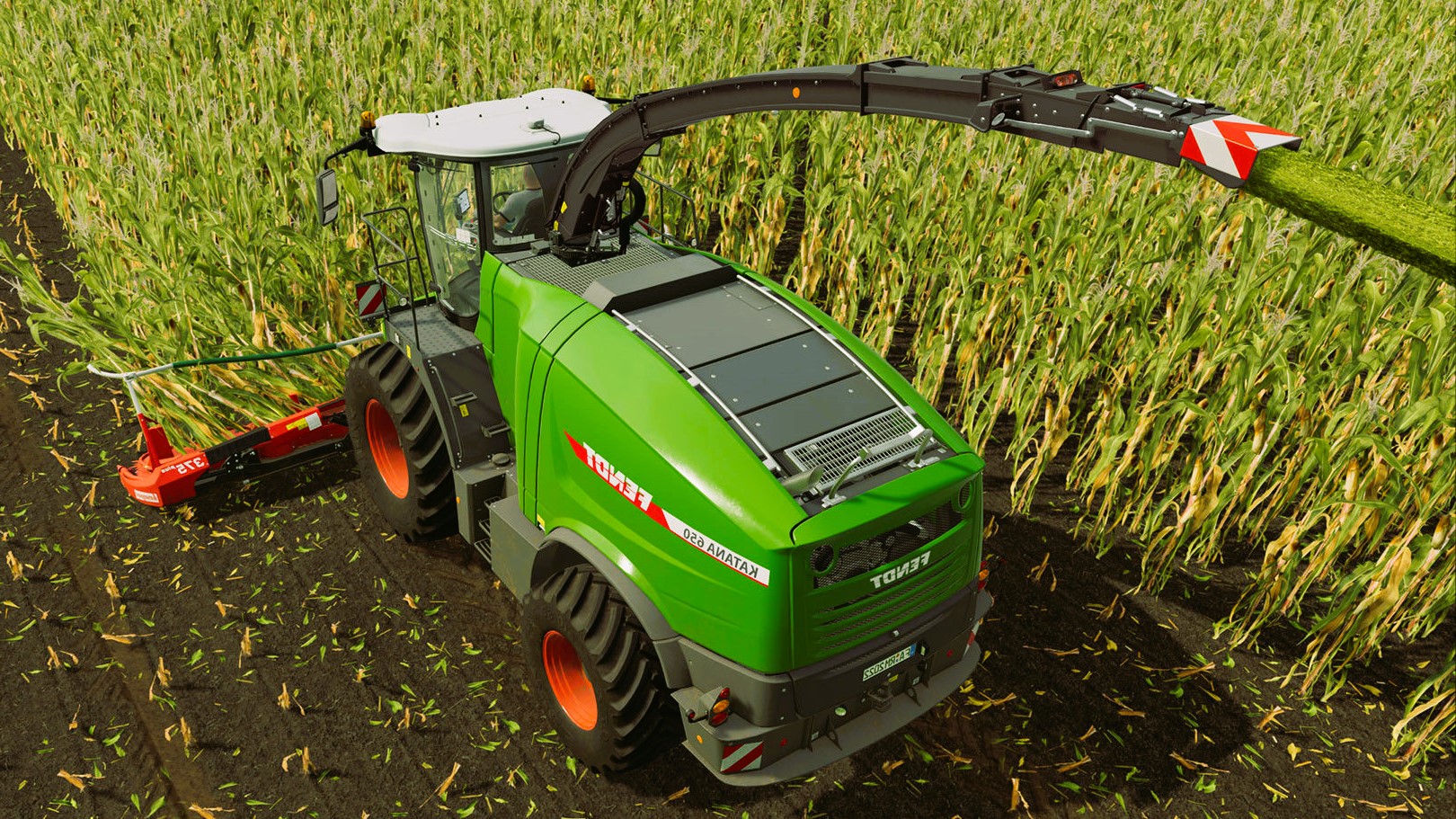In recent years, the intersection of gaming and education has expanded beyond traditional boundaries. Farming simulators, once regarded primarily as entertainment, are increasingly recognized as potent educational tools, offering immersive experiences that teach valuable lessons about agriculture and farming practices. As technology continues to advance, these simulations provide an innovative approach to engaging learners of all ages in understanding the complexities of agricultural systems.
The Evolution of Farming Simulators
Farming simulators have come a long way since their inception. What started as basic, pixelated representations of farm life has evolved into sophisticated, highly realistic simulations. Games like “Farm Simulator” and “Stardew Valley” have gained widespread popularity, not only for their entertainment value but also for their educational potential.
These modern farming simulators offer players the opportunity to manage virtual farms, make decisions about crops and livestock, and experience the challenges and rewards of agricultural life. The level of detail in these simulations is staggering, with realistic weather patterns, soil types, and machinery accurately modeled to reflect real-world farming practices.

Learning Agriculture Through Gaming
One of the key advantages of farming simulators as educational tools is their ability to provide hands-on learning experiences in a safe and controlled environment. Players are given the freedom to experiment with different farming techniques and observe the consequences of their actions without real-world consequences. This experiential learning approach can be particularly effective in teaching complex concepts such as crop rotation, soil management, and pest control.
Moreover, farming simulators offer a multi-disciplinary learning experience that integrates various subjects such as biology, ecology, economics, and even physics. Players must consider factors like plant biology, environmental sustainability, market demand, and resource management as they strive to run successful virtual farms. This holistic approach to learning mirrors the interconnected nature of agricultural systems in the real world. Do you like our articles? Read also about Farming Simulator Challenges.
Engaging a New Generation of Learners
In an age where screen time is often criticized, farming simulators offer a compelling argument for the educational potential of video games. By leveraging the innate appeal of gaming, educators can reach a wider audience and engage learners who may be disinterested in traditional teaching methods. The interactive nature of these simulations fosters active participation and encourages critical thinking and problem-solving skills.
Furthermore, farming simulators have the potential to inspire future generations of farmers and agricultural scientists. By immersing players in the day-to-day operations of a farm, these games provide valuable insights into the challenges and rewards of agricultural careers. For urban dwellers or those with limited exposure to rural life, farming simulators offer a glimpse into a world that is often overlooked but essential to our survival.
The Future of Agricultural Education

As technology continues to advance, the potential of farming simulators as educational tools is only beginning to be realized. With the advent of virtual reality (VR) and augmented reality (AR), the line between the virtual and real worlds is becoming increasingly blurred. Imagine a future where students can don VR headsets and step into a virtual farm, where they can interact with crops and animals in ways that were previously unimaginable.
In conclusion, farming simulators represent a promising avenue for teaching agriculture and fostering a deeper appreciation for the work of farmers and the importance of sustainable food production. By combining the immersive power of gaming with educational content, these simulations have the potential to revolutionize agricultural education and inspire a new generation of stewards of the land.
For more information on gaming and educational tools, you can visit Wikipedia’s page on Farming Simulators.

